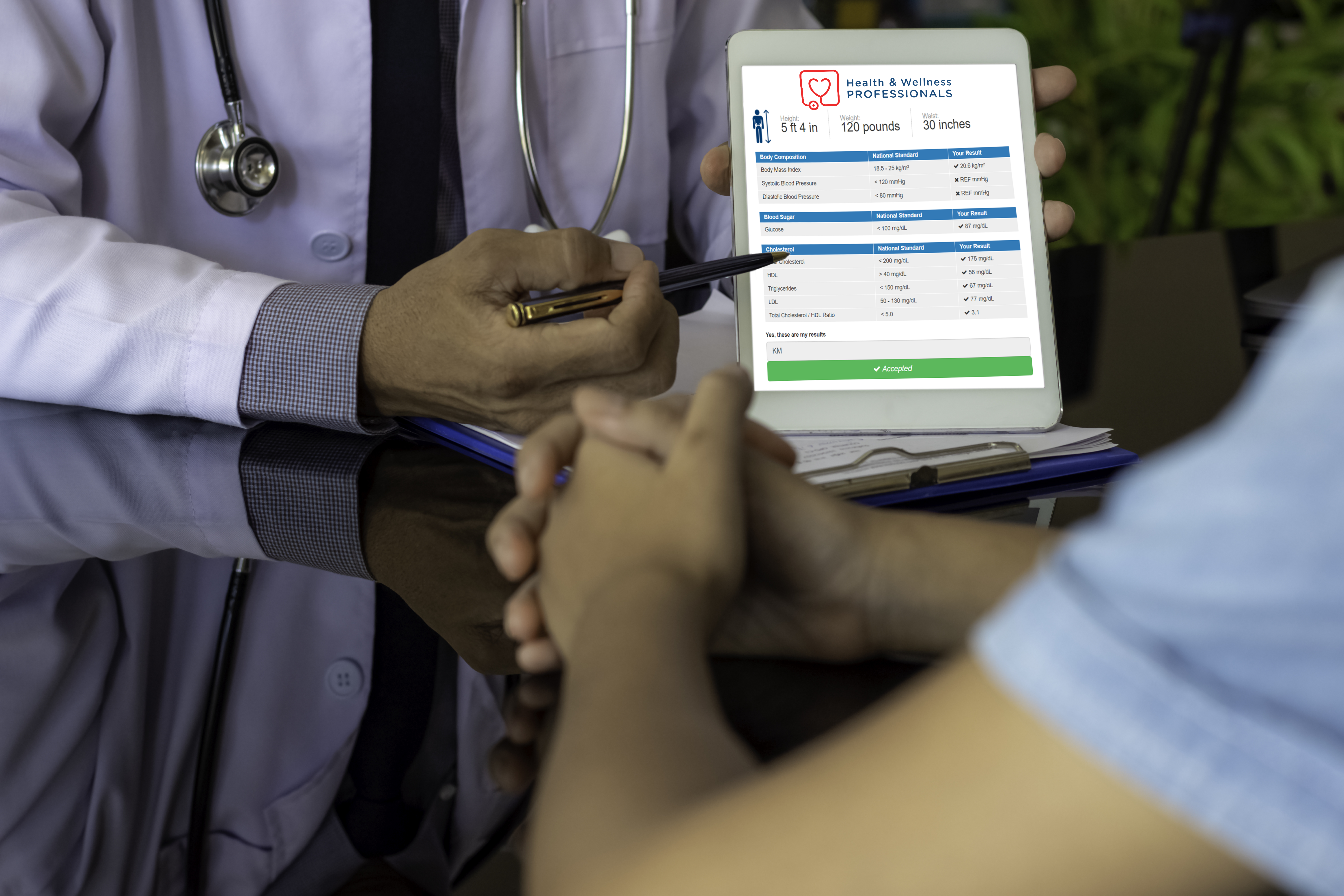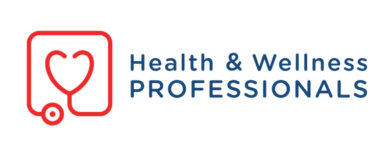Hopefully your company offers your employees the opportunity to participate in an annual biometric screening (if not, please click here for your own!). Yearly screenings are one of the most important aspects of a successful workplace wellness program. Results of these screenings can offer valuable insight to your overall health and provide them with their key health numbers, including body mass index (BMI), blood pressure, glucose, cholesterol, and triglycerides.
With this being said, it’s good for you to know that their results can be impacted by your health behaviors in the few days leading up to their screening. That’s because some of the health metrics at a biometric screening event are pretty sensitive.
Fortunately, there are things you can do to make sure their screening results are as accurate and as healthy as possible. By paying attention to their habits leading up to their screening, you'll be able to display the healthiest and most natural numbers that are closest to their baseline health level.

How to Prepare for a Onsite Biometric Screening
Stay calm and act natural.
It’s important to stay calm and sit calmly during your screening. Your body’s best health level will be when you are at rest. This is because your body won’t be trying to compensate for anything else you might be doing while trying to get screened. Acting normal is the easiest way to ensure an accurate screening that truly represents your health.
In the days leading up to your screening, go through your usual routine. Eat the things you’d usually eat, exercise as much as you’d usually exercise, and work like you’d usually work. If you act natural, you’re more likely to get more accurate results.
Fast (if you can).
Your company may ask you to fast (not eat or drink anything than water) for 8-12 hours before your biometric screening. This is because fasting from food and beverages (besides water or black coffee/tea) is one of the best ways to ensure accurate screening results. For this reason, many onsite screenings are in the morning. So, remember to save your breakfast until after your screening! If you tend to feel extra hungry or lightheaded from skipping breakfast, be sure to schedule your screening appointment as early in the morning as possible so that you can eat right after.
Watch your Sugar intake.
Be sure to keep an eye out for sugary foods the night before or day of your screening (technically you should be fasting the day of). Consuming sugary foods – like candy, fast food, or soda – the night before or the morning of your screening can drasstically impact your results. While it’s important to keep up with your regular diet to receive the most accurate results, it’s not a good idea to binge on candy or treats the night before.
Drink only water! (and maybe black coffee)
Drinking too much alcohol the night before your screening can also mess with your results. As your body tries to recover and purge the alcohol from your system, it’ll be working in ways that aren’t necessarily normal for you. Your blood sugar and blood pressure can start to skyrocket. If you want to indulge in a drink the night before, try to stick with just one or two for best results!
Reduce your stress.
Stress impacts your blood pressure. So, try not to schedule your screening appointment after a stressful event.
Know your meds.
There’s no need to stop taking any prescribed medications before your screening. But it is important to know which medications you’re on, how they interact with one another, and what the potential side effects might be. All of those things can lead to whacky screening results.
Understand your results.
One of the most important parts of your biometric screening experience is to be sure that you understand your results. You might get to chat with a healthcare professional and go over what your results mean, depending on how your onsite event is setup. It’s important not to skip this step because without understanding what your numbers mean, you won’t know how to improve certain areas of your health. If your event doesn't allow any health counseling after your screening, don’t be afraid to call your primary doctor to go over your results.
An onsite biometric screening is an excellent peek into your health. But it’s just that – a peek. To get the most accurate, healthy screening results possible, you should understand how their health behaviors might impact their results. Be sure to share the above tips with your employees before your next biometric screening event!
